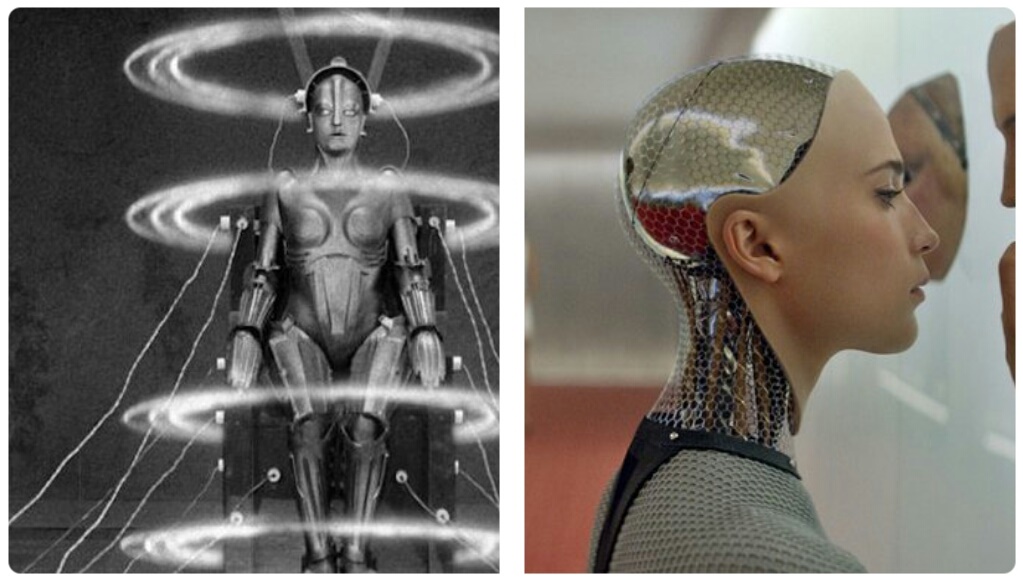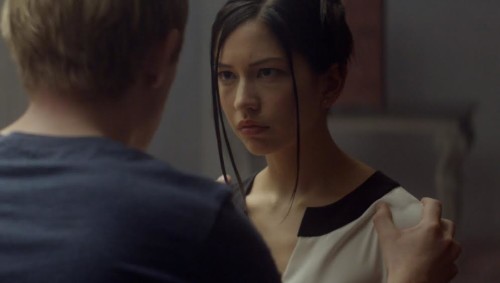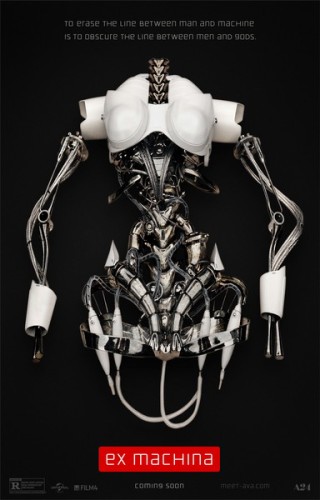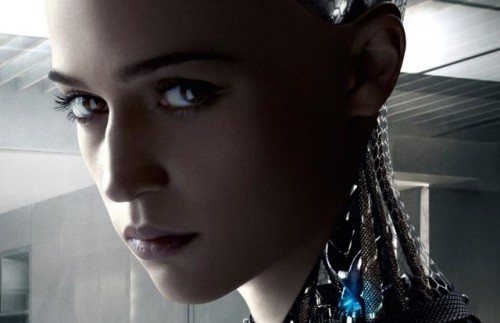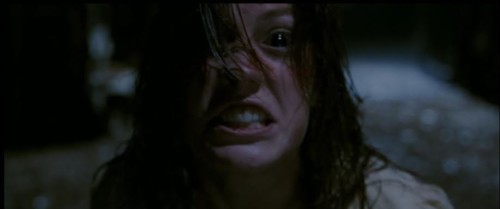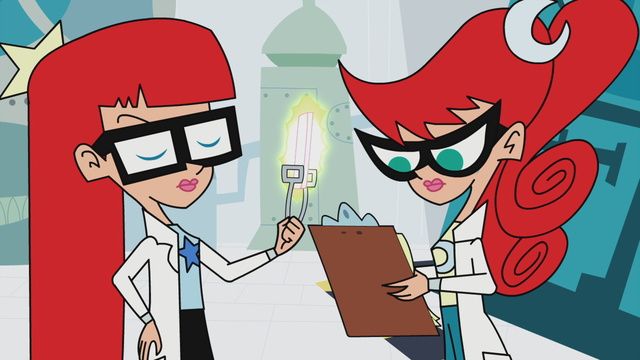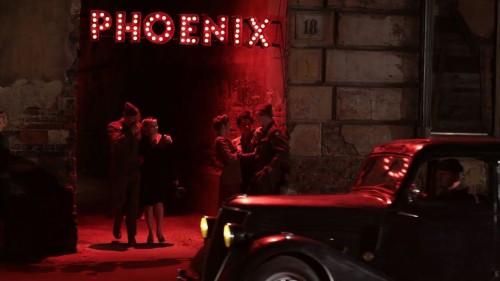‘Metropolis’ and ‘Ex Machina’: Portrayals of Gender, Technology, and Society
‘Metropolis’ and ‘Ex Machina’ are merely the oldest and one of the most recent examples, respectively, in a long line of films (and texts) that associate women with technology in this manner, presenting them as potent and potential threats to societal order and to the men who create and aim to control them.
